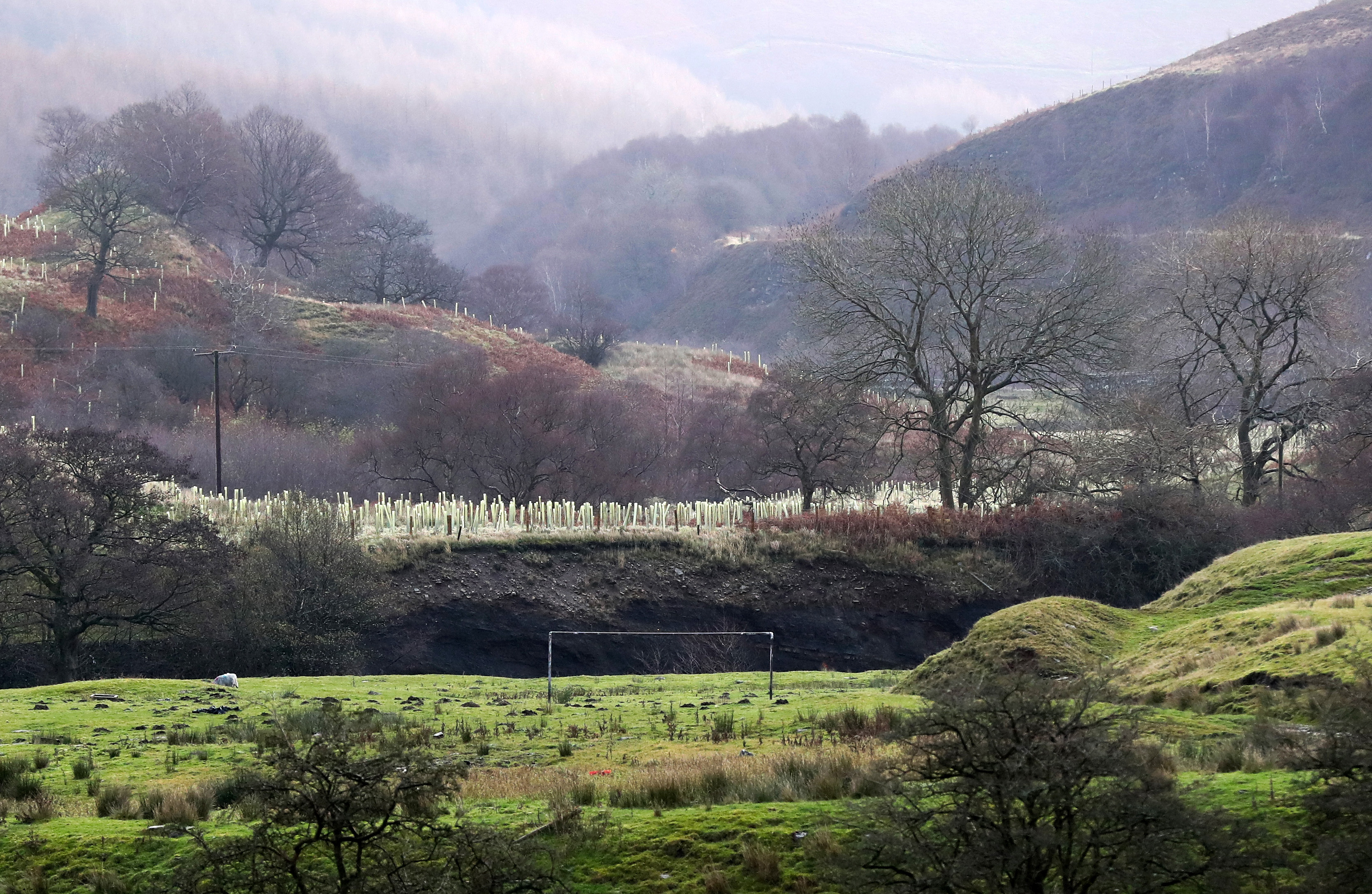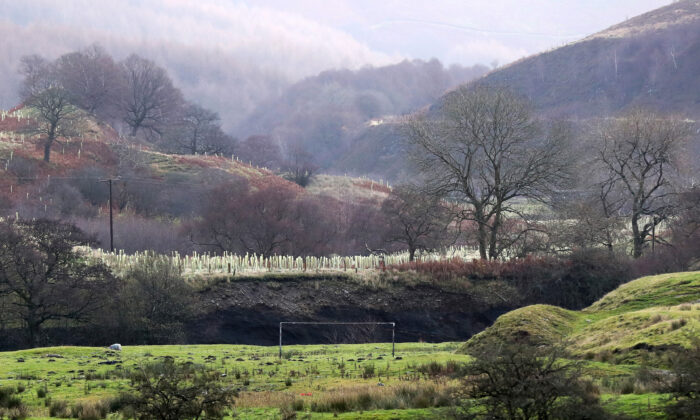
The United Kingdom, citing centuries of farming and pressures from the Industrial Revolution, claims to be one of the most nature-depleted countries on earth.
The environment secretary has announced a rapid review of nature improvement plans amid concerns that “nature is dying.”
Steve Reed stated on Wednesday that steps are being taken to develop a plan by the end of the year to reverse the dire state of the natural environment.
Through the Environmental Improvement Plan (EIP) review, he aims to meet legally binding Environment Act targets, including halting the decline in species by 2030, cleaning up water bodies, and reducing air pollution.
Reed emphasized, “Nature is dying. Britain is one of the most nature-depleted countries in the world. Our animal species face extinction. Our precious landscapes are in decline. Our rivers, lakes, and seas are awash with sewage and pollution. Air pollution continues to plague our towns and cities.”
He emphasized the importance of nature in underpinning the economy, food, health, and society, and the need to defend it. He stated, “That is why today we begin to chart a new course. Working with civil society, business, and local government, we will develop an ambitious program to turn the tide and save nature.”
Reed also expressed a desire to transition towards a zero-waste economy where resources are reused and recycled.
Sustainable Development Goals
The UK has formally committed to a global conservation target supported by the United Nations, aiming to protect and conserve a minimum of 30 percent of land and sea for biodiversity by 2030, known as the 30×30 initiative.
Under the previous Conservative government led by Theresa May, the UK ensured full integration of Sustainable Development Goals (SDGs) into government department activities. The government played a leading role in negotiating and advocating for the adoption of SDGs.
Wildlife populations in the UK have declined by an average of 31 percent since 1970, with only 69 percent of species’ populations remaining, and 16 percent of species facing extinction.
‘One of the Most Nature-Depleted Countries’
Referring to the State of Nature Report 2023, Reed mentioned that the UK is now considered one of the most nature-depleted countries on Earth.
The report attributes significant habitat loss, change, and degradation in the UK to anthropogenic pressures resulting from human activities.
For instance, over the past 400 years, the Essex coast in southeast England has lost 91 percent of its intertidal salt marsh to land claims for agriculture.
The Industrial Revolution of the 18th century has been identified as a major factor in transforming the landscape and significantly reducing forest cover in the UK.
The report highlighted the impact of the Industrial Revolution on the UK’s natural environment, with Professor Andy Purvis stating that the country has led the world in degrading the natural environment.
Purvis emphasized, “Although there have been improvements, our ecosystems are heavily modified. Humans often perceive agriculture as a natural system, when in reality, it is not.”





